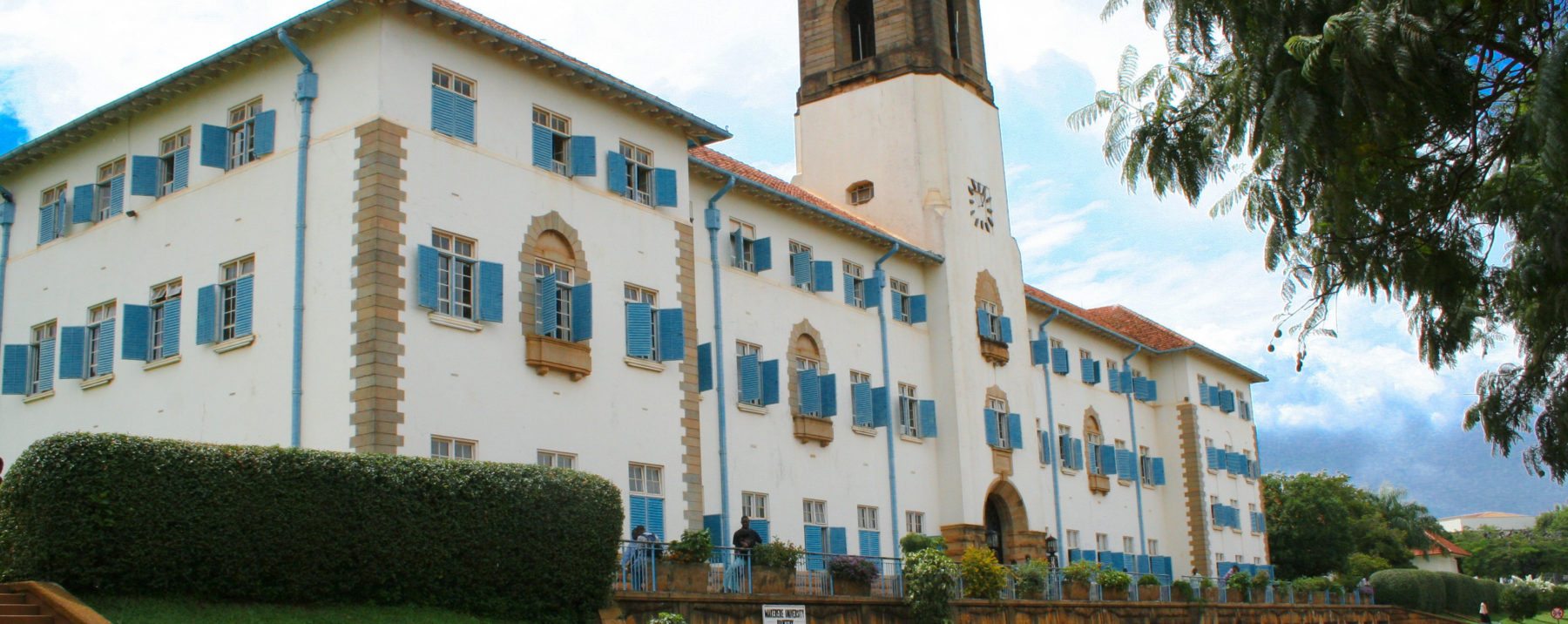Global Student Stories- 11/11/16
Here are this week’s global student stories, from Uganda, Norway, Egypt and Kenya. These include reports of the Ugandan president closing a top university until further notice, and a row over foreign student share of housing in Norway.
Uganda: President orders indefinite shutdown of top university
One of Uganda’s most prestigious institutions, Makerere University, has been closed until further notice this week, by Ugandan President Yoweri Museveni.
Such action according to the signed directive is reportedly aimed at “guaranteeing the safety of persons and property”, following the latest rounds of protests over the non-payment of UGX32 billion (US$9.2 million) worth of allowances to university lecturers in the past eight months.
The Makerere University Academic Staff Association have called such strikes an outcry against the “poor governance and mismanagement of internal funds” with Uganda. A report last year given to the Guardian revealed that Makerere University flouted its financial accountability rules through a series of questionable financial transactions.
The University maintain that underfunding is the main cause behind their lack of financial stability.
To combat these challenges the government commissioned a task force in 2011, following a wave of strikes and protests. So far none of recommendations have been implemented by the government, angering both universities and lecturers.
Current students have expressed their dismay at such strife, pleading for both parties to better resolve this conflict, rather than close their university so close to the examination period.
Norway: Row over foreign student share of housing
Ole Petter Otterson, University Chancellor of the University of Oslo has accused television broadcasters of misleading the public, after a report was published claiming students were unable to get university rooms, as all of the accommodation was allocated to international students.
The Norwegian journalist, Fredrik Solvang, claimed that 70% of available student rooms in Oslo and 64% in Bergen were allocated to foreign students.
Such figures were disputed by the Chancellor, who stated that only 39% of the rooms were being taken by international students.
In response to this conflict, Alexander Gjøsæter at the Student Welfare Organisation in Oslo stated that foreign students are merely allocated priority rooms due to their agreements with Norwegian institutions.
This commitment to house international students is linked to the Norwegian Directorate of Immigration (UDI) who state that international students must possess a housing contract before they enter the country.
Marianne Andenaes, head of the National Union of Students, has argued that the real issue here is the lack of student housing. She believes Parliament are to blame due for their inaction and that international students are merely victims of these untruthful publications.
Egypt: State killings, arrests and travel bans on scholars
A news report by Students at Risk (SAR), has stated that thousands of students and hundreds scholars remain in Egyptian prisons, largely for exercising their right to free expression.
This is another wave of state action by the government of Egypt to crack down against protestors and unrest within their country.
According to SAR REPORT, these arrests have also been used as warnings to foreign scholars whose research touches on sensitive issues within Egypt. As seen by the arrest and deportation of a French student, Fanny Ohier, after she began conducting research on the Youth Movement, a group banned by state authorities on accusations of spying and defaming the state.
The report concludes that such restrictions on academics and their work is a “further tightening of control, and loss of autonomy and freedom in Egyptian higher education”.
Individuals are now calling for the release of students and scholars who did not engage within violent acts, as well as more structural changes to Egypt’s Ministry of Higher Education, who have repeatedly used administrative methods to restrict universities.
Kenya: Second African centres of excellence project launched
A second regional centres of excellence project has now been opened in Kenya, with the aim of providing sustainable solutions through science and technology.
According to official reports, competition for the education centres was highly competitive, with 92 proposals being made for only 24 potential locations, including the one allocated to Kenya.
Kenya’s particular five year project was financed and co-founded by the World Bank at the cost of US$140m. Each individual centre is then expected to receive between US$4.5 million and US$6 million in order to successfully implement its research.
Over the next five year the various centres are expected to collectively enrol over 3,500 graduate students, 700 of which will be PhD students and over 1000 of whom must be female students.
Official reports currently suggest that Africa continues to lag behind the rest of the world in generating graduates in science and technology. The centres are designed to tackle these challenges, and increase the shortage of graduates in growing Africa’s industries including: engineering, construction and energy.
It is anticipated that many universities and governments will continue to support these centres of excellence, increasing the initial funding that they will each receive.

Comments